Brussels is the capital and largest city of Belgium, located in the central part of the country. With a population of over 1.2 million people, Brussels is a cosmopolitan and diverse city known for its rich history, cultural attractions, and political importance as the seat of the European Union. Some of the main landmarks and things to see in Brussels include the Atomium, a futuristic steel structure that represents an iron molecule magnified 165 billion times; the Manneken Pis, a small bronze statue of a urinating boy that has become a symbol of Brussels; and the Grand Place, a UNESCO World Heritage Site that features beautiful Gothic and Baroque buildings.
The city of Brussels is attractive for gay tourists for a number of reasons. Firstly, the city has a vibrant and welcoming LGBTQ community that is visible and active in many areas of the city. There are numerous gay and lesbian bars, clubs, and other venues that cater to the LGBTQ community, as well as a number of events and festivals that celebrate diversity and inclusivity. Additionally, Brussels is a very gay-friendly city, with a number of hotels, restaurants, and other businesses that actively cater to the LGBTQ market.
The main gay area in Brussels is located in the city center, around the Place de la Chapelle and the surrounding streets. This area is known as the Marolles, and it is home to a number of gay and lesbian bars, clubs, and other venues. The Marolles is also home to the LGBTQ community center, which offers a range of resources and support for the community.
The gay scene in Brussels is lively and diverse, with a range of bars, clubs, and other venues that cater to different tastes and preferences. Some popular spots include Le Baroque, a stylish bar that attracts a mixed crowd; Le Délirium, a popular club that features live music and DJs; and Le Boys Boudoir, a drag show venue that offers a range of performances and events. In addition to these venues, there are also a number of gay saunas and bathhouses in the city, as well as a number of cruising areas and other meeting points for gay men.
There are a number of local LGBTQ events that take place in Brussels throughout the year, including the annual Brussels Pride parade, which is held in the summer and attracts thousands of participants and spectators. The parade is a celebration of the LGBTQ community and a display of pride and solidarity, and it is an important event for the local community.
If you are visiting Brussels and looking to experience the city's gay beach scene, one option is the nearby Belgian coast, which is home to a number of gay-friendly beaches. These beaches are popular with the LGBTQ community and offer a range of amenities and activities, as well as beautiful surroundings and a welcoming atmosphere.
/location_photos/data/13773/original/brussels-new-1559050485.jpg)
Gay Brussels
Brussels is the capital and largest city of Belgium, located in the central part of the country. With a population of over 1.2 million people, Brussels is a cosmopolitan and diverse city known for its rich history, cultural attractions, and political importance as the seat of the European Union. Some of the main landmarks and things to see in Brussels include the Atomium, a futuristic steel structure that represents an iron molecule magnified 165 billion times; the Manneken Pis, a small bronze statue of a urinating boy that has become a symbol of Brussels; and the Grand Place, a UNESCO World Heritage Site that features beautiful Gothic and Baroque buildings.
The city of Brussels is attractive for gay tourists for a number of reasons. Firstly, the city has a vibrant and welcoming LGBTQ community that is visible and active in many areas of the city. There are numerous gay and lesbian bars, clubs, and other venues that cater to the LGBTQ community, as well as a number of events and festivals that celebrate diversity and inclusivity....Read more
The city of Brussels is attractive for gay tourists for a number of reasons. Firstly, the city has a vibrant and welcoming LGBTQ community that is visible and active in many areas of the city. There are numerous gay and lesbian bars, clubs, and other venues that cater to the LGBTQ community, as well as a number of events and festivals that celebrate diversity and inclusivity....
/location_photos/data/10138/original/la-demence-02.jpg)
/location_photos/data/6586/original/chez-martin.jpg)
/location_photos/data/8952/original/graine-de-chef.png)
/headlines/pictures/4361/original/bram-host-cover-image-1637001727.jpg)
Host Story: Exploring The Hidden Gems of Brussels
/headlines/pictures/3967/original/header-bruxelles-1494428120.jpg)
Belgian Pride 2017 party without borders
/headlines/pictures/3874/original/la-demence-27-anniversary-header-1477408944.jpg)
La Démence Celebrates 27th Anniversary in Brussels
/headlines/pictures/3851/original/bear-pride-belgium-2016-header-1474634916.jpg)







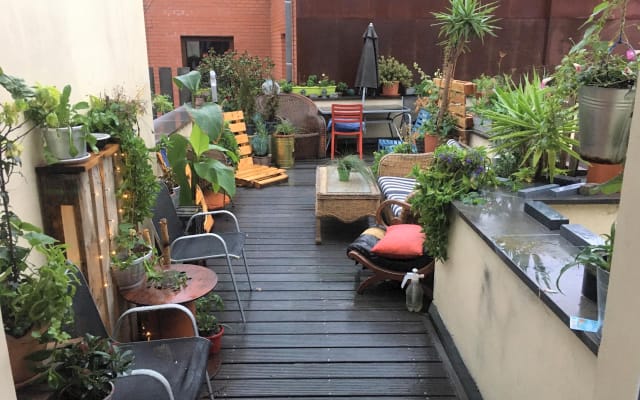

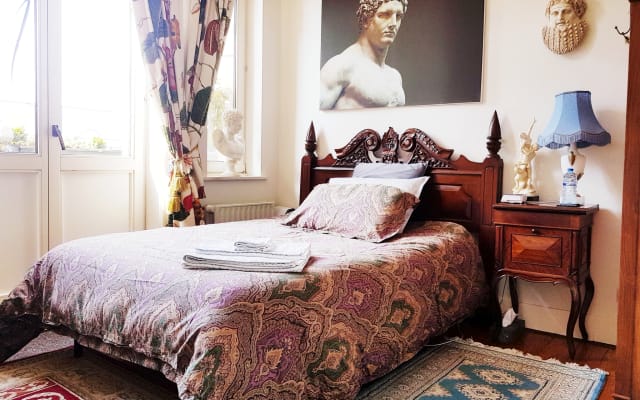

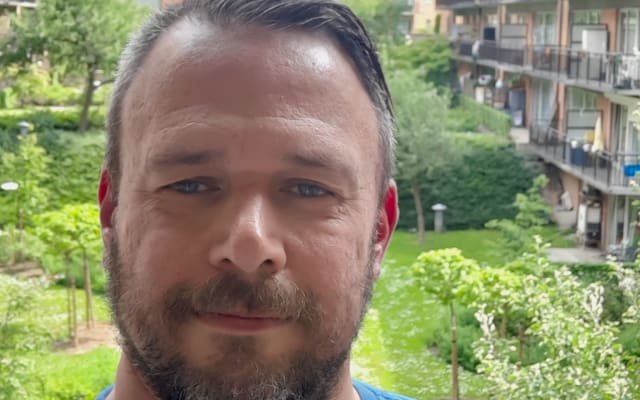

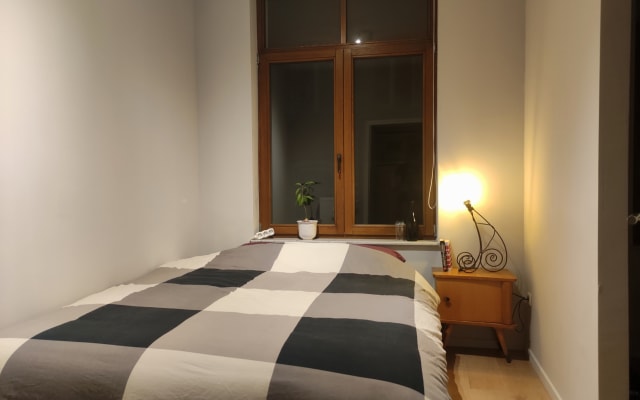

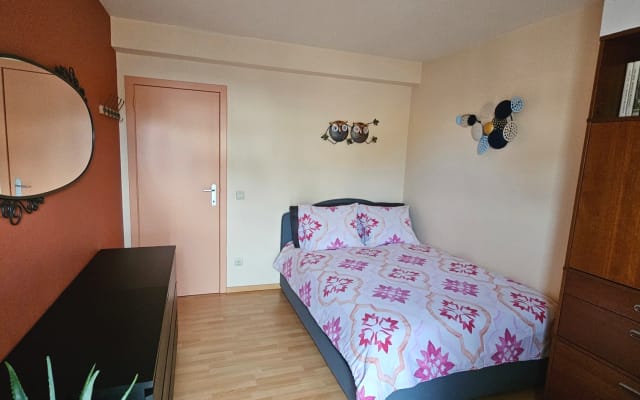

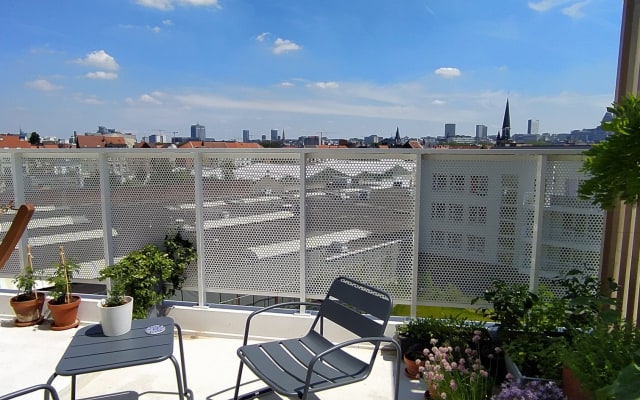

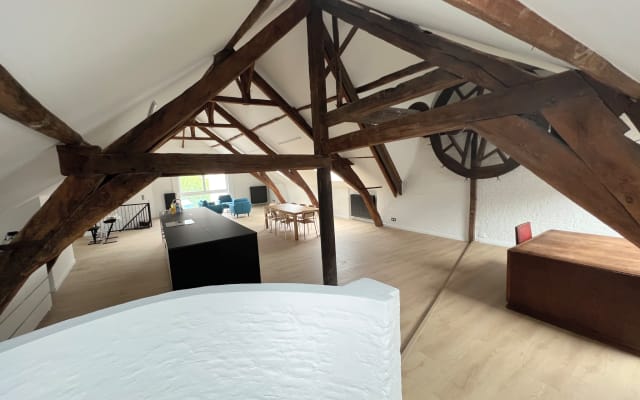

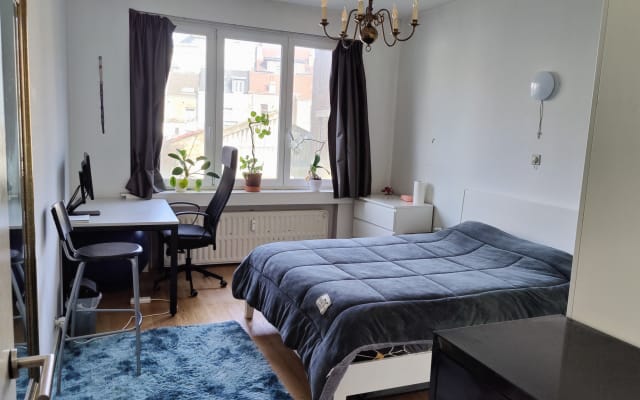

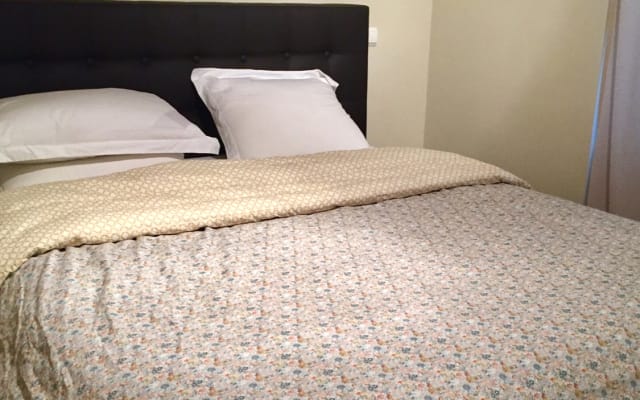

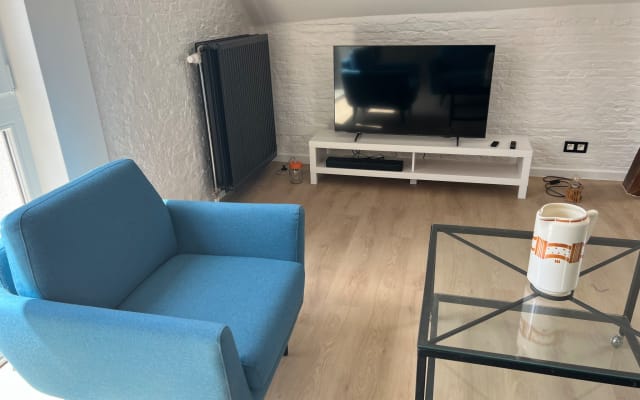
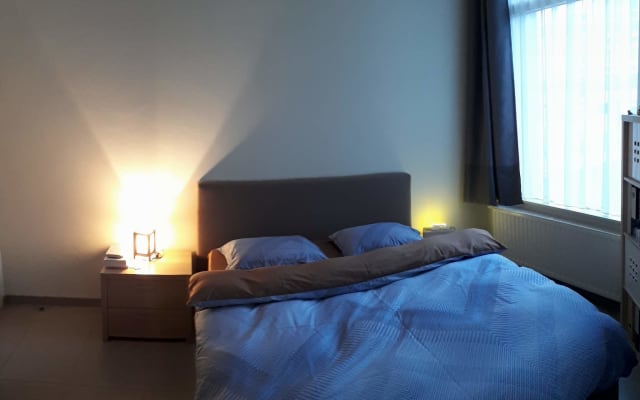


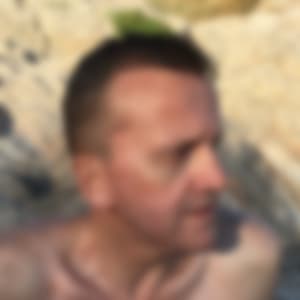
/location_photos/data/5319/original/dolores.jpg)
/location_photos/data/3206/original/le-plattesteen.jpg)









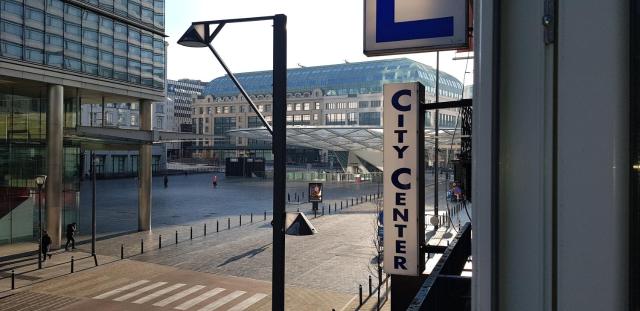
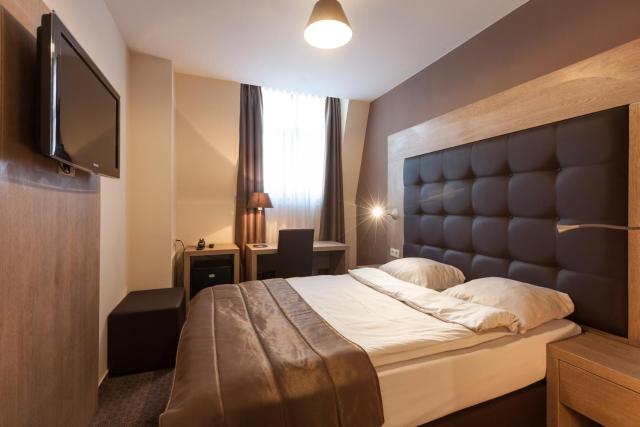
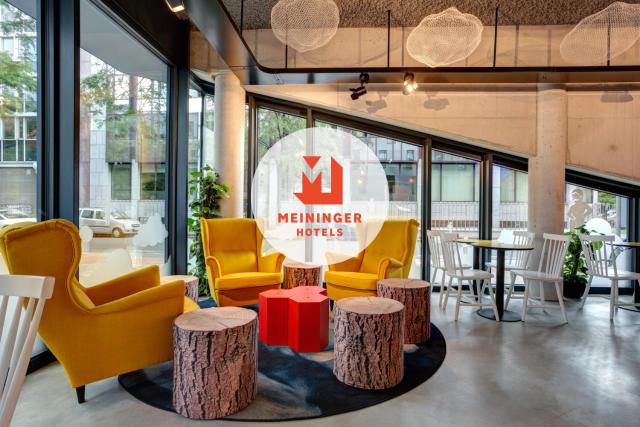
/location_photos/data/3264/original/mam-mam.jpg)
/location_photos/data/3257/original/et-qui-va-ramener-le-chien.jpg)